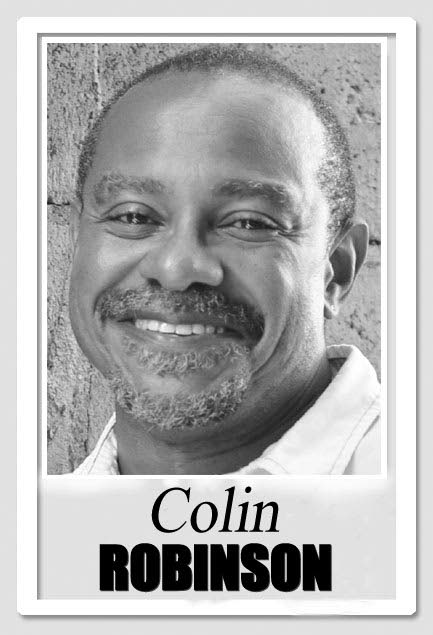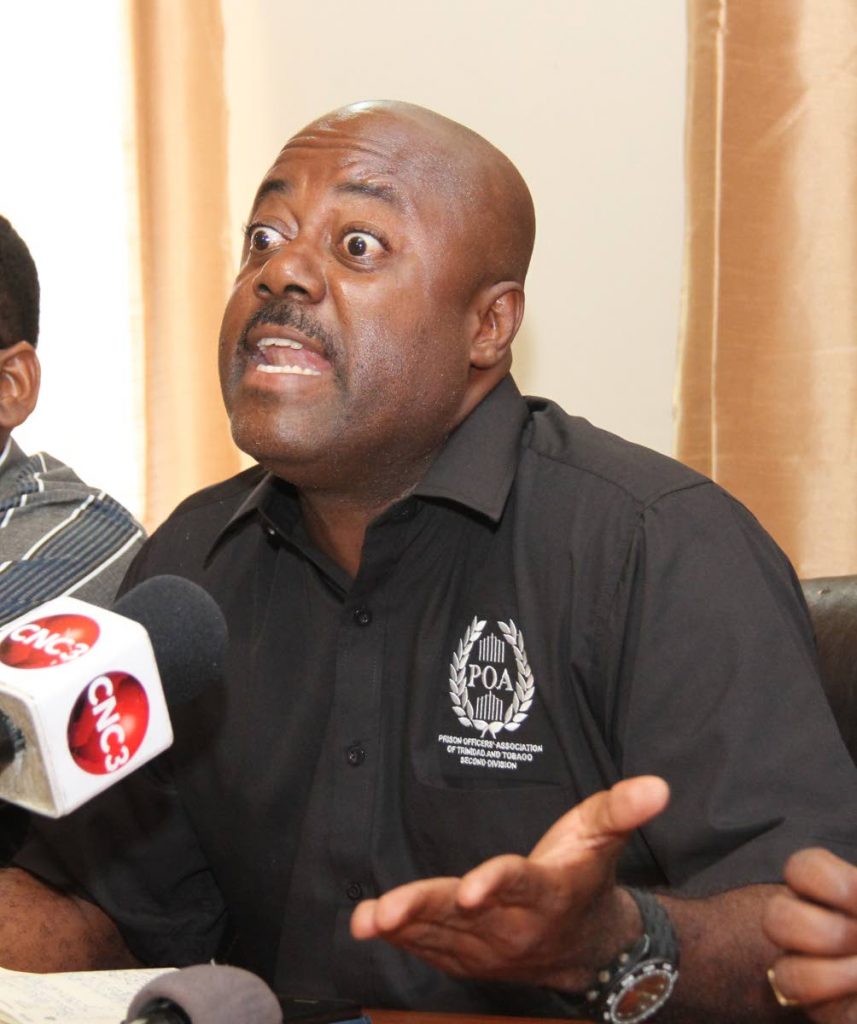The price of cigarettes

Prison officers are corrupt. Not in the same way as all the police and army men up on charges of rape and murder, of robbery and assault. Or those who rent out their guns or who stage kidnappings. Or simply terrorise Black boys.
But every friend I have known who has gone into remand has called me on a mobile phone from inside. And asked me to top it up. Some prisoners have been beaten viciously. Other prisoners have been able to party and smoke weed. And then post the images on social media. Drugs, weapons and other “contraband” don’t find themselves behind prison walls through the sheer cunning of incoming inmates.
One officer went home with the jail keys. Others helped three prisoners make good a daring daylight escape in which they killed Sherman Maynard, a police officer. Over three years later, the investigation has yielded no accountability.
And that’s not counting all the additional allegations about officers’ corruption by prisoners, on which I have no opinion.
When I learn of prison officers’ lives being taken in cold blood where they live, their families sleeping inside, or see videos of their homes being firebombed, this is what comes first to mind. That the two are inextricably connected. That the deaths are, to quote a former prime minister, collateral damage, or to coin a mixed metaphor, a sandwich of roosting chickens at home between devil-kneaded slices of bread.
When I listen to the accounts of the virtue and ethics of the slain officers, I do not need to suspend any disbelief. Not every prison officer is corrupt. Instead, it simply turns the tragedy’s narrative into one of bitter irony—that it is the prison officers being touted as hardworking and honest who are the ones being slaughtered. Paying the price of their colleagues’ corruption.
So that is what was in my mind as I watched the furious, griefstricken president of the Prison Officers’ Association perform in front of the press he had assembled on Wednesday.

That was what was in my mind when he asked the nation and its leaders a question about the value of a prison officer’s life against the price of cigarettes. He was referring to three young men swiftly cornered and gunned down by police after an armed robbery of a cigarette delivery truck, its $80,000 cargo and its security officer’s gun. “Smoking kills,” the headline read cynically. He wasn’t calculating that three young men’s lives were each worth less than $27,000. He was suggesting that prison officers deserved the same diligence or justice the cigarettes received.
I do not care about his grief. It is not special. A dead prison officer is not worth more grief than a prisoner killed by a prison officer with impunity. Than an innocent man shot running from an officer of the law. Or killed for being in the wrong place at the wrong time.
Like so, so many of the people we love. In their own homes when the bandits invaded. On the pavement that the drunk policeman mounted. At work when their ex-lover came snorting for them. Remaining there, a small wet child, when the rape was over.
The reason I do not care about his grief is not because it is not special. It is because he does not care about ours. He believes that some lives matter more. More than the hundreds and hundreds and hundreds of us whose loved ones’ deaths were not worthy of solving. Of prevention. Our grief is not special either. But we are so bound together by it, across class and space, age and race.
An honest prison officer is deeply worthy of grief. Everyone is worthy of grief. But what I feel for Wayne Jackson and Darren Francis is a grief that they were killed by corruption. Corruption they were unable to escape, despite their eulogies.
Watching Ceron cuss the government in pain was like watching a dead bandit’s mother bawl. Like witnessing the aunt of the one who escaped bury her innocent daughter as collateral damage. Wrong place and time.
I wanted to tell officers who think their lives are worth more than ours, more than their wards, take your VSEP and go. Even though I am fearful of what will replace them quickly, and certainly that it may be police. But I want to believe it will enable a cleansing of the service.
I never knew my grandfather. He was a prison officer allegedly killed by an inmate. I do not grieve for him.
But I do have a griefstricken lament. I want to ask Ceron the same questions we want to ask the bandit’s bawling mother, his flailing aunt. Whether Francis and Jackson and Maynard’s lives are worth less than the cigarettes that keep passing into prison daily.
And what the association will do about that.


Comments
"The price of cigarettes"